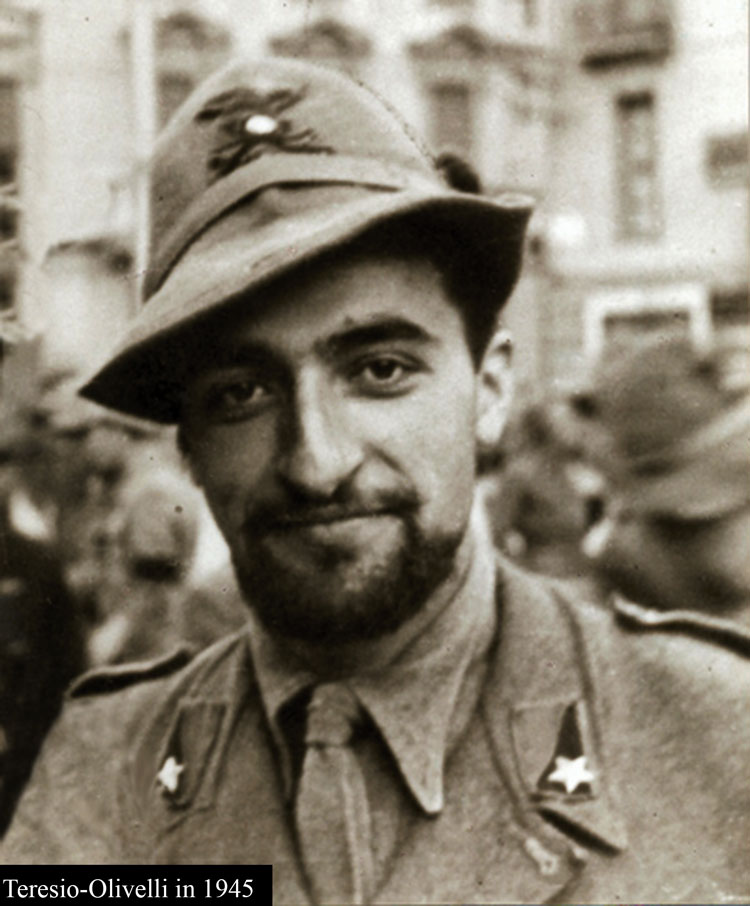Beatified Italian war hero “is an example to youth,” Pope says
Pope Francis commented on the recent beatification of Teresio Olivelli (1916-1945) “He has borne witness to Christ through the love of the weak, and he is united with the long rank of the martyrs of the last century. May his heroic sacrifice be the seed of hope and fraternity, especially for young people.”
The Italian layman’s beatification, held at the Vigevano Sports Palace on 3 February, was presided over by Cardinal Angelo Amato, Prefect of the Congregation for the Causes of Saints. “To speak of Teresio Olivelli,” Amato said in his homily, “is to speak of a young enthusiast of his faith and a lover of his country.”
“During the war on the Russian front or in the concentration camps, the purity of his simple faith, convinced, touched … he encouraged, supported, consoled, comforted,” Cardinal Amato added: “the soldiers found a warm welcome and religious comfort in Teresio. He loved God, he loved the Church, he loved the Pope, he loved others with this evangelical charity taught by Jesus … The charity was the fabric of his life. “
Teresio was a resistance war hero who fought against the Nazis and Italy’s fascist regime. He graduated in law in Pavia in 1938 and went on to comment in papers on the legal and social issues of the time, before joining the Italian army as a soldier during World War II and taking part in a notable campaign in Russia.
The war soured his views towards the Italian fascist regime of Benito Mussolini and he joined the Italian Resistance movement to Fascism and the Nazi regime. His key role in the resistance was publishing articles in a clandestine newspaper in Milan which he founded. It was dedicated to promoting the Christian message and attempting to improve upon aspects of fascism with a more Christian message. For this, Teresio was deported in 1944.
He died heroically in a Nazi camp in Hersbruck (Germany) at the age of 29, on 17 January 1945, of the fatal blows received while he was trying to shield a young Ukrainian prisoner who was being brutally beaten.
Teresa’s beatification cause started in 1988 under Pope John Paul II when became a “Servant of God. “ Initially they tried to demonstrate that Teresio died in hatred of his faith – which would have made beatification quicker – but disagreements led to a prolonged cause designed instead to prove he led a life of heroic virtue which Pope Francis confirmed on 14 December 2015. This confirmation allowed for the pope to name him as Venerable.
ACN Malta





